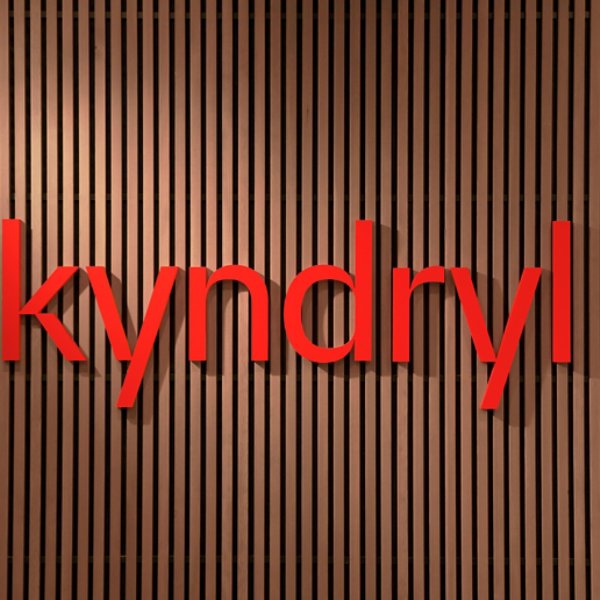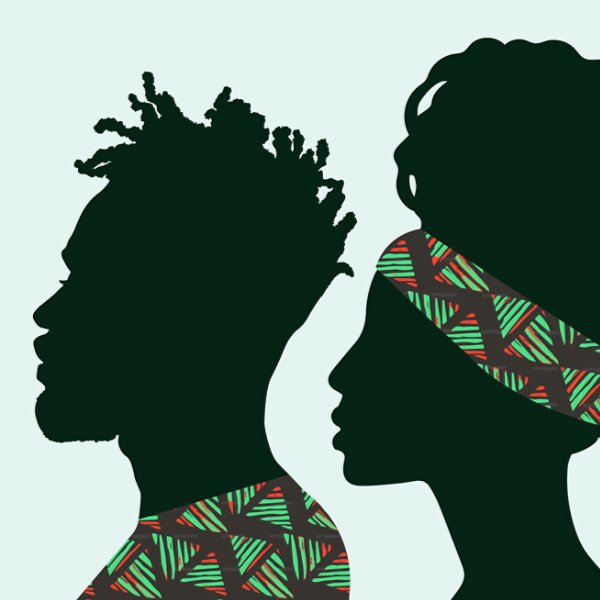Roughly 1.3 billion people, or 16% of the global population, live with significant disabilities, according to the World Health Organization. Yet many of these individuals face unemployment, underpayment and microaggressions in their workplaces, leaving them vulnerable to social exclusion.
In addition to being a pressing human rights issue, overlooking the potential of people with disabilities is also a significant economic misstep. Excluding people with disabilities from the workforce costs the economy about $490 billion a year. It can also negatively impact organizations, leading to decreased job satisfaction, reduced work effort and employee turnover. Engaging and including people with disabilities benefits everyone. Effective allyship is one way for companies to build sustainable workforces amid global challenges.
At Kyndryl, we always seek better ways to show up — and advocate — for colleagues with disabilities. Here are five steps companies can take to create a more inclusive environment.
Challenge accessibility norms at work
People with disabilities — whether they are employees, customers, or vendors — experience the organization in unique ways. Inclusive companies celebrate this diversity instead of seeing it as a barrier. Accessibility goes beyond physical accommodations like wheelchair ramps and restroom accommodations. Digital accessibility is equally important, especially with the rise of hybrid work styles. Over time, this approach benefits everyone: accessible recruitment processes attract diverse talent who can then help improve the accessibility of workplace tools.
Know that disability is a spectrum
No two people with disabilities are the same, even if they share the same disability. True inclusion comes from understanding individuals empathetically and tailoring accessibility to their needs. This is crucial when encouraging people with disabilities to be allies to others in their community. Organizations must consider intersectionality as they work to address the obstacles faced by people with disabilities.
Recognize that disability goes beyond what is visible
People with non-apparent disabilities, such as chronic illnesses, neurodiverse conditions and sensory impairments, are at risk of being overlooked because their conditions are not visible. This demographic often faces burnout and isolation due to unrealistic expectations. Workplaces need to educate managers and leaders on supporting and advocating for them. At Kyndryl, our Employee Resource Groups (ERGs) are called Kyndryl Inclusion Networks (KINs). These company-sponsored, employee-led resource groups — including our TrueAbility Enterprise KIN, which represents people with disabilities as well as people who are neurodivergent — are open to all Kyndryls and dedicated to creating spaces where they can find and provide support and advice.
How Kyndryl supports employees with disabilities
- Partnering with Disability:IN to benchmark our inclusiveness strategy
- Appointing a digital accessibility leader within our CIO organization
- Implementing the See Me @Kyndryl self-disclosure campaign
- Managing accommodation requests with a central budget and tool
- Adhering to global accessibility standards in physical and digital spaces
- Educating and sensitizing allies and employees through courses
Use disability data to power inclusion
According to the 2024 Disability Equality Index, 45% of companies now publish data that includes disability metrics, up from 24% in 2023. This rise in reporting helps companies better measure, analyze and refine incorporation strategies. Disability data also triggers positive changes in organizations, creating more opportunities for employees to disclose their disabilities and take on leadership roles.
Be sure to flip the narrative
People with disabilities don't need to be infantilized or praised for their daily lives. Calling their stories inspiring or courageous can be counterproductive, as it implies they have difficult lives they don't enjoy. Many are self-sufficient and empowered. Allies should help them feel visible, amplify their voices and create equitable work environments for meaningful contributions.


